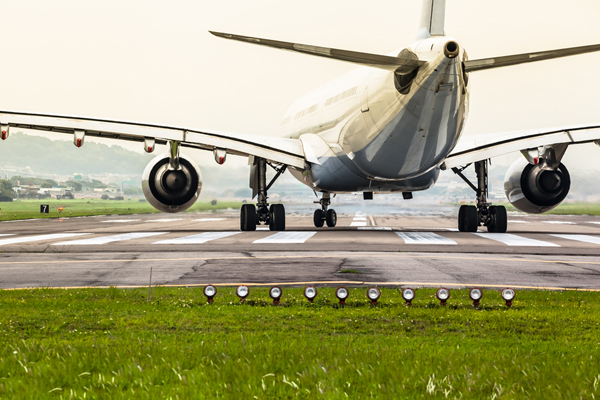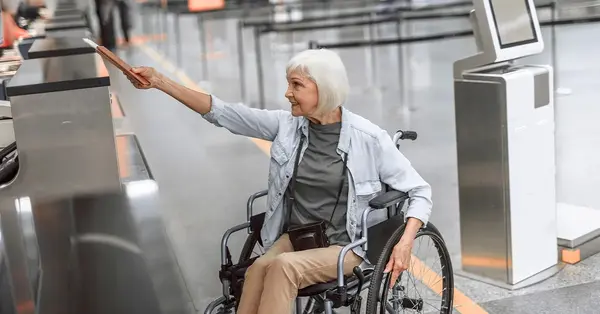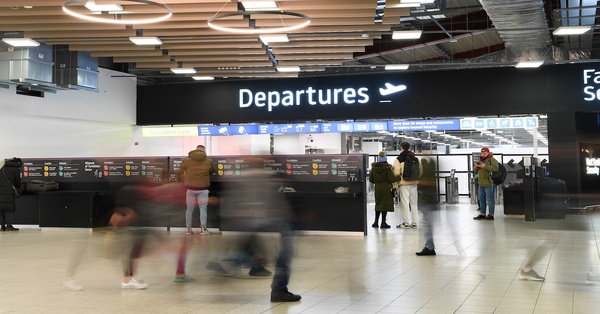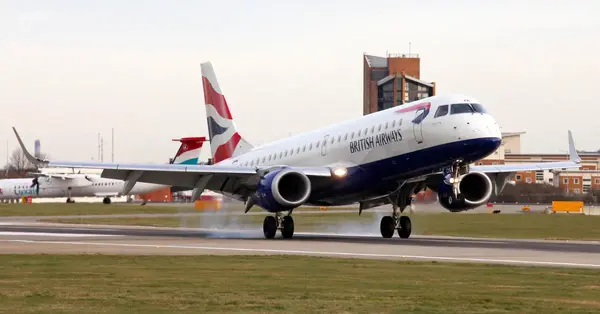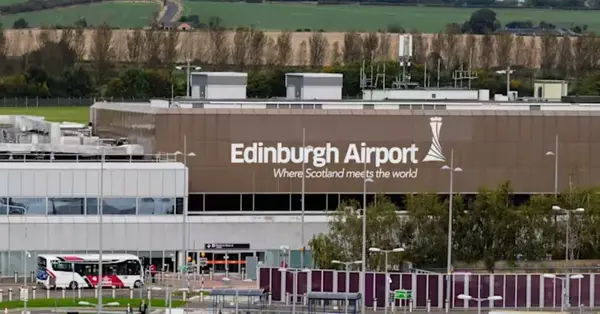You are viewing 1 of your 2 free articles
Which? demands major overhaul of travel sector rules amid airport disruption
A major overhaul of travel sector rules is needed to ensure airlines are held to account when they treat passengers badly.
The call came from consumer group Which? ahead of the summer peak as it claimed in an investigation that airlines are “potentially breaking the law” with unfair and misleading terms and conditions.
Reforms should include a code of conduct for airlines and stronger powers for the Civil Aviation Authority, so it can hit offenders with heavy fines when they flout the rules.
In a new report, Which? sets out areas where it believes some airlines are routinely ignoring consumer rights law, following months of chaotic conditions at UK airports, thousands of flight cancellations and “brazen rule-breaking” by some airlines.
An examination of seven airlines’ Ts&Cs found examples of carriers “blacklisting” passengers, charging extortionate fees, making misleading claims about compensation and “riding roughshod” over consumer rights.
A failing of travel regulation has seen some airlines “seemingly ignoring their legal obligations” to help passengers with rerouting and rebooking, while other holidaymakers have struggled to get refunds.
Which? has welcomed proposals from the government for the CAA to get stronger powers but reiterated a call for the ability to fine airlines directly when they break the rules and to provide clarity for passengers and the industry.
The CAA should establish a consumer-focused code of conduct for airlines operating in the UK, with the objective of holding them accountable for their behaviour.
The consumer champion also called on ministers to drop plans to weaken passenger compensation rights for UK domestic flights. Which? research found the plans could slash average payouts by £163 per passenger and remove a deterrent against airlines cancelling or overbooking flights.
The government should also make it mandatory for airlines operating in the UK to sign up to the Alternative Dispute Resolution (ADR) system and establish a single, statutory-backed mandatory ombudsman scheme in aviation to ensure travellers can enforce their rights without having to go to court.
Which? policy and advocacy director Rocio Concha said:“Consumer rights and laws are meaningless if they are not enforced. Our analysis shows some airlines are routinely ignoring their legal obligations and ripping off their customers, with little fear of facing any consequences.
“Passengers have suffered for too long due to a lack of accountability and weak enforcement of the rules.
“The immense disruption of recent weeks can be a watershed moment and used as a springboard to reform the industry for their benefit.
“The government must take action to restore consumer confidence in travel.
”That should start with a consumer-focused code of conduct all airlines must adhere to, and stronger powers for the CAA, including the ability to fine operators directly when they break the rules.”
In response , the CAA said: “We thank Which? for its continued engagement regarding contract terms and airlines. We will review its latest evidence thoroughly and will respond accordingly.
“We have regularly called for stronger consumer powers, including the ability to impose fines on airlines. This would allow us to take faster action when appropriate and bring our powers in line with other sectoral regulators.”
Ryanair denied that its terms and conditions mischaracterised passengers’ rights to compensation and said passengers could get more information on their rights by clicking on dedicated links within the terms. It also said it doesn’t charge large fees and that airlines have the commercial freedom to set fees as they see fit.
British Airways insisted that its terms and conditions are easily accessible, written in plain English and are kept under review.
“We take unfounded and unsupported allegations very seriously, and we discourage Which? from making them. We always seek to meet our legal obligations and when a customer’s flight is cancelled or disrupted, we provide the relevant information to fully inform them of their rights,” the airline said.
Tui said: “The travel industry is heavily regulated and we therefore would be unable to operate unless we complied with the laws of England and Wales and the laws of other applicable jurisdictions.
“We review our conditions of carriage on a regular basis with a key focus on both the law and what is most important for our customers. Ongoing internal reviews of the language used in our terms and conditions are a part of this.”
Wizz Air said it was satisfied “that our general conditions of carriage are fully compliant with all of the applicable laws and regulations set out by the UK Civil Aviation Authority,” based on 18 years of doing business in the UK.

